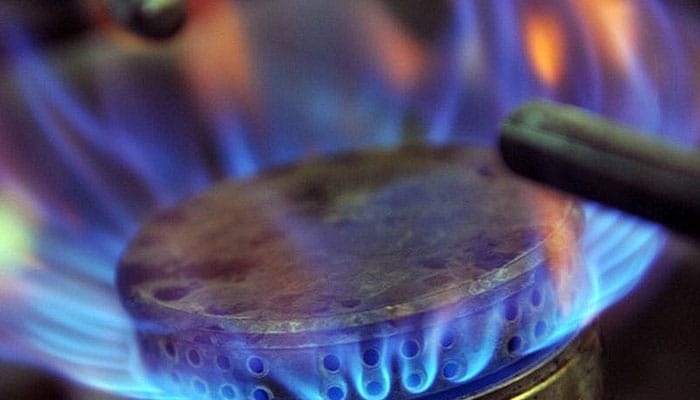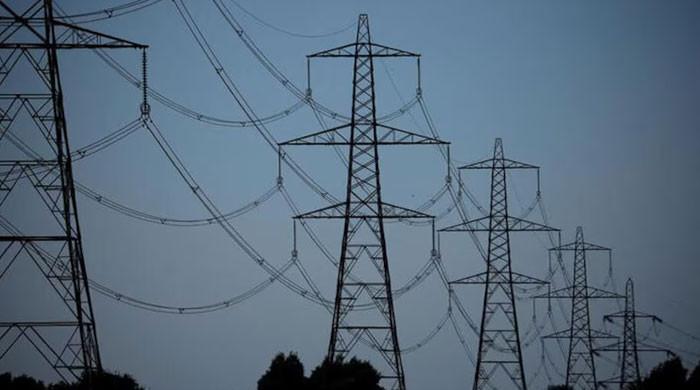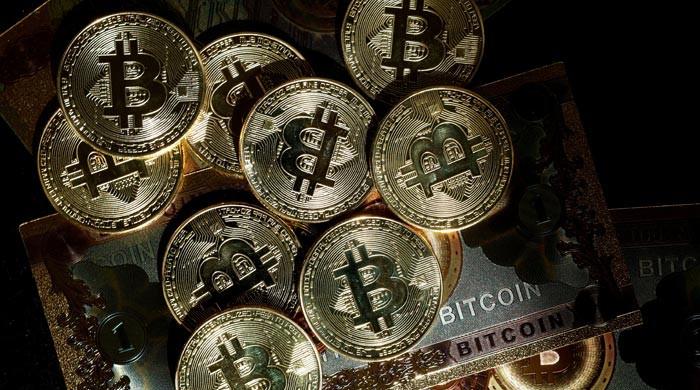SNGPL vows to ensure gas supply during meal times in winter
People should themselves cut gas usage as the commodity has become expensive, suggests SNGPL MD
October 22, 2024

- Gas demand increases three times in winter, says SNGPL MD.
- Amer Tufail says restriction on new gas connection to continue.
- He says SNGPL doesn't take subsidy from the government.
LAHORE: Sui Northern Gas Pipelines Limited (SNGPL) Managing Director (MD) Amer Tufail on Tuesday said even though the gas demand increased three folds during winter, the SNGPL would ensure gas supply during meal times.
"The people should themselves cut gas usage as the commodity has become expensive,” he suggested pointing towards the commodity’s shortage, while talking to Geo News.
Warning on usage of compressor device, which sucks gas, Tufail said usage of compressor was illegal and it caused accidents.
Moreover, restriction on new gas connection would continue despite more than three million users' requests pending for new connections, he added.
The SNGPL MD also said the SNGPL was a self-reliant company and did not take subsidy from the government.
Gas shortage is haunting Pakistan for decades now, resulting in perpetual gas load-shedding for households.
The gas load shedding in recent years has become a major political and social concern. More than industry, it is the gas supply to households that has been flagged as an issue.
This is despite the fact that only 22% of households get access to piped gas, the rest use cylinders or other means to light the flame, The News reported last month.
Pakistan has 0.4% of global gas reserves and accounts for 1.1% of the global consumption, according to the Worldometer’s country reserves data.
The gas is distributed through pipelines to households which claim 50% of available supplies, followed by the fertiliser sector, independent power plants and industrial and CNG sectors.
Since the 1950s, natural gas has been the fuel of choice for households across large and medium-sized cities of Pakistan connected to the gas supply grid.











